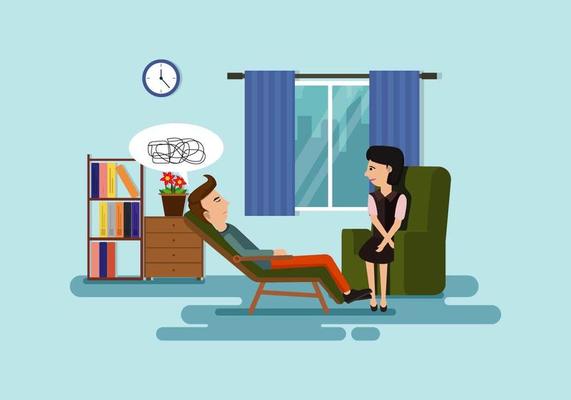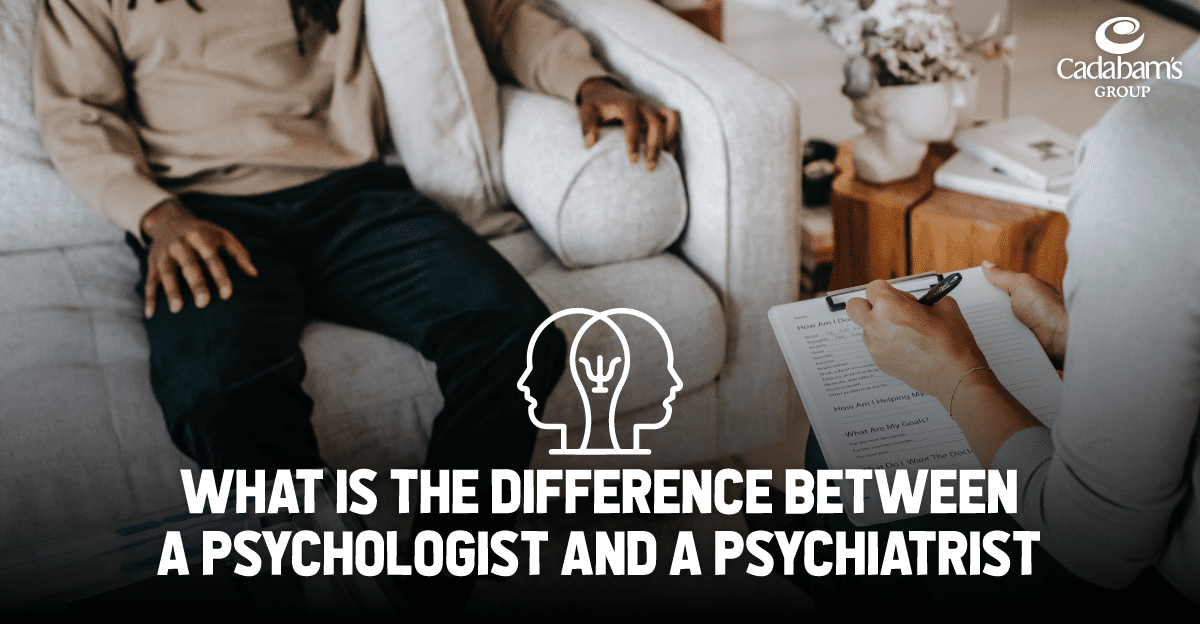Discovering the Best Psychologist in Delhi: A Guide to Your Psychological Wellness Journey
Psych Treatment: A Comprehensive Guide to Strategies and Results

Cognitive-Behavioral Treatment
Cognitive-Behavioral Therapy (CBT) is a commonly used psychotherapeutic technique that focuses on identifying and customizing useless thinking and actions patterns. Established in the 1960s by Aaron T. Beck, CBT incorporates cognitive and behavior theories to attend to various psychological wellness issues, including depression, stress and anxiety, and stress-related conditions.
CBT is identified by its structured, goal-oriented nature. Therapy normally entails a collaborative procedure in between the specialist and client, where particular issues are identified, and sensible methods are established to address them. Strategies such as cognitive restructuring, direct exposure therapy, and skill-building workouts are generally used. Cognitive restructuring entails tough and altering adverse idea patterns, while direct exposure therapy intends to decrease anxiety and stress and anxiety via steady direct exposure to feared objects or scenarios.
Evidence-based study sustains the effectiveness of CBT for a vast array of emotional conditions - Best Psychologist in Delhi. Its focus on skill procurement and self-help methods encourages clients to proceed progress independently after therapy concludes. The adaptability and effectiveness of CBT have made it a cornerstone in modern psychotherapeutic technique
Psychodynamic Strategies
Rooted in the very early theories of Sigmund Freud, psychodynamic approaches concentrate on discovering the unconscious mind and its impact on habits and feelings. These techniques aim to discover covert ideas and feelings that may be driving maladaptive habits and emotional distress. Central to this method is the principle of inner dispute, typically originating from unsettled previous experiences, especially those from youth.
Therapists making use of psychodynamic strategies use several vital methods, consisting of free organization, where clients are urged to speak openly to reveal subconscious material, and dream evaluation, which interprets the unrealized content of dreams. Furthermore, the exploration of transfer and countertransference characteristics within the therapeutic relationship is vital. These interactions can supply insights right into the client's internal world and relational patterns.
Psychodynamic therapy is usually longer-term compared to other modalities, using a thorough and deep understanding of the person's subconscious. Study indicates that it can be particularly reliable for complex psychological health concerns, such as personality disorders and persistent depression. By cultivating self-awareness and psychological understanding, psychodynamic treatment looks for to bring subconscious product to awareness, enabling people to attain significant and long-term adjustment in their lives.
Humanistic Methods
Building on the structures laid by psychodynamic methods, humanistic techniques provide an unique perspective concentrated on specific possible and self-actualization. Coming from the mid-20th century, these strategies prioritize the inherent goodness and growth potential of people, emphasizing an all natural sight of human experience. Trick numbers such as Carl Rogers and Abraham Maslow have considerably affected this restorative method, which incorporates approaches like client-centered treatment and Gestalt therapy.
Client-centered therapy, established by Rogers, plays a crucial role in humanistic techniques. It counts on the therapist giving a setting of unconditional positive regard, empathy, and harmony. This fosters a safe area for customers to explore their feelings and experiences without judgment, promoting self-discovery and personal development. The specialist's role is even more of a facilitator than an authority, motivating customers to harness their internal resources for healing.
Gestalt treatment, another essential humanistic method, stresses present moment recognition have a peek at these guys and the assimilation of mind and body. By concentrating on the "right here and now," customers get better understanding into their existing emotions and behaviors. Methods such as role-playing and led visualization are usually used to help clients acquire a much deeper understanding of themselves, eventually resulting in improved self-awareness and gratification.
Integrative Therapies
Integrative therapies represent a synthesis of different healing strategies customized to fulfill the special needs of each customer. This method recognizes the intricacy of human psychology and the complex nature of mental health issues. By combining components from different institutions of psychiatric therapy-- such as cognitive-behavioral therapy (CBT), psychodynamic therapy, and humanistic approaches-- integrative therapies offer a more alternative and flexible therapy standard.
Specialists of integrative therapy assess each client's certain requirements, symptoms, and personal background to create a customized treatment strategy. This customized method improves the capacity for restorative success by addressing the origin of mental distress and promoting general wellness. Strategies might include mindfulness workouts, cognitive restructuring, and emotional processing, each chosen to target various facets of the client's problems.
Additionally, integrative therapies stress the restorative relationship, seeing the client-therapist bond as a vital component of reliable therapy. This connection cultivates a helpful atmosphere where customers feel safe to discover and resolve their worries. The flexibility of integrative treatments makes them appropriate for a wide variety of problems, consisting of anxiousness, depression, injury, and social troubles, thus increasing their applicability and effectiveness in diverse scientific settings.

Determining Treatment Results
Assessing the effectiveness of psychotherapy is important for both clinicians and clients to guarantee that the therapy is yielding the desired results. To attain this, various methods and tools are utilized to determine treatment end results methodically. Standardized analysis tools, such as the Beck Anxiety Supply (BDI) and the Generalized Anxiousness Disorder 7 (GAD-7), provide quantitative information on symptom seriousness and changes over time.
Along with standard devices, qualitative approaches like client self-reports and clinical meetings offer useful understandings into the personal experiences and regarded progress of clients. On a regular basis scheduled evaluations, commonly at the start, midpoint, and end of therapy, help in tracking the trajectory of enhancement or determining areas requiring adjustment.
Outcome dimension is not limited to signs and symptom decrease; it additionally includes useful improvements in every day life, such as much better interpersonal partnerships, boosted job productivity, and boosted total health. Modern improvements in electronic health site web and wellness have presented mobile apps and on-line systems that facilitate real-time monitoring and responses, even more improving the assessment process.
Ultimately, a detailed strategy to gauging treatment end results makes certain that healing treatments are effective, efficient, and explanation customized to satisfy the individual requirements of clients, therefore optimizing the total healing experience.
Final Thought
Humanistic strategies concentrate on personal development and self-actualization, while integrative therapies incorporate multiple approaches for tailored treatment plans. Evaluating treatment outcomes via standard evaluations and qualitative methods makes sure an extensive understanding of efficiency, inevitably assisting clients toward withstanding mental health and wellness enhancements.
From the organized technique of Cognitive-Behavioral Treatment (CBT) to the deep expedition of the unconscious in psychodynamic treatment, each technique brings unique advantages. Its focus on ability purchase and self-help strategies empowers clients to continue progression individually after therapy wraps up (Best Psychologist in Delhi). Secret figures such as Carl Rogers and Abraham Maslow have significantly affected this restorative strategy, which includes methods like client-centered treatment and Gestalt treatment
